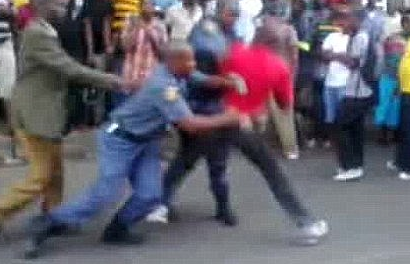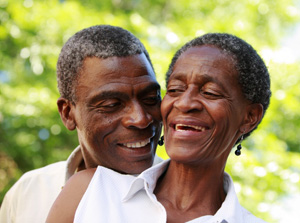January 23. Sunday 3C. Fr Fabio had asked the confirmation catechist, a psychologist, to address the topic of sexual abuse on his behalf. Mr Paulson spoke to the congregation, “The issue of sexual abuse has been raised constantly over the last few years, also by the youth. Has it been addressed in families? Young boys and girls have been the ones that have suffered most over time from this scourge. Society and the media have made much of the abuse perpetrated by religious people and of course great shock was expressed about that, but celebrities are also being named and shamed. However, what about the thousands of cases of abuse within families or by people known to the victims? Our society is deeply wounded, our families are full of people, many now grown up, who carry scars of abuse from their childhood into adulthood. We believe that as a community this could be addressed, possibly through healing and family relationship programmes and counselling. Looking forward, It is only by dealing with sex education in a respectful, life-giving way that families can develop the correct approach to an understanding of sexuality as God’s gift.” Becoming an eco-friendly family: Consider, how can we begin to heal the sexual abuse by reflecting on the beauty of the gift of sexuality in all forms of life help to heal wounds?
You are the body of Christ. The body does not consist of one member but of many. The unpresentable parts are treated with greater modesty. If one member suffers all suffer together. 1 Cor 12. Pope Francis: Sex education can only be seen within the broader framework of an education for love and for mutual self-giving. AL 280 “If one member suffers, all suffer together.” (1 Cor 12:26). These words of Saint Paul forcefully echo in my heart as I acknowledge once more the suffering endured by many minors due to sexual abuse, the abuse of power and the abuse of conscience. Crimes that inflict deep wounds of pain and powerlessness, primarily among the victims, but also in their family members and in the larger community of believers and nonbelievers alike. It is essential that we, as a Church, be able to acknowledge and condemn, with sorrow and shame, the atrocities perpetrated by consecrated persons, clerics, and all those entrusted with the mission of watching over and caring for those most vulnerable. Let us beg forgiveness for our own sins and the sins of others. An awareness of sin helps us to acknowledge the errors, the crimes and the wounds caused in the past and allows us, in the present, to be more open and committed along a journey of renewed conversion. Pope Francis Letter 20 August 2018







Recent Comments